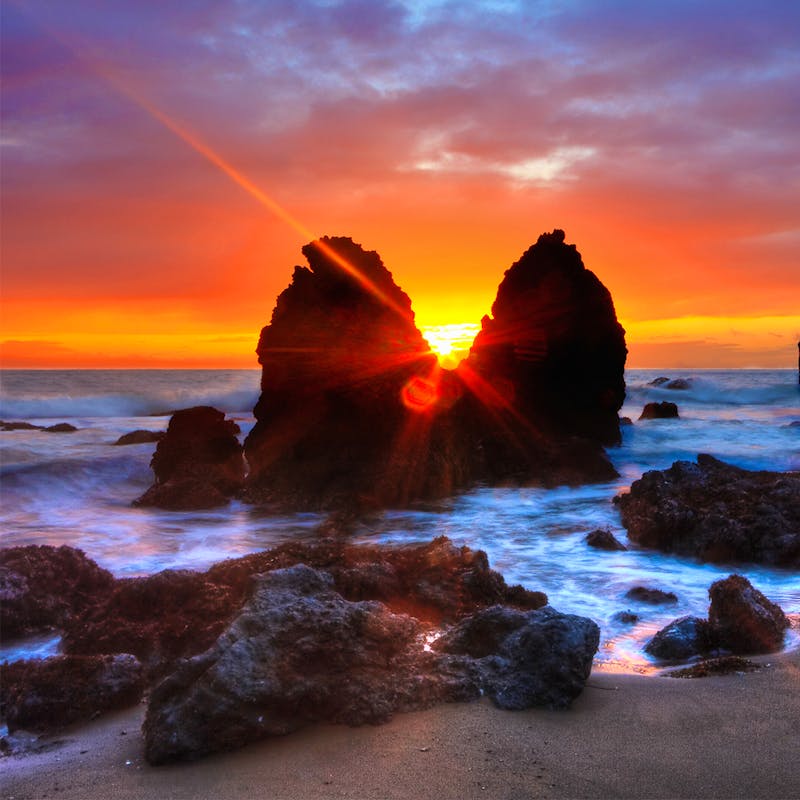
There have been many victories under the Endangered Species Act (ESA) over the years. But quite a few did not come because our government did the right thing. They came because conservation groups like Defenders saw the government was failing to comply with the law and used the tool of last resort: the courts.
Recently, Defenders won protections for imperiled sea turtles and shorebirds that depend on the beaches of Cape Hatteras National Seashore. We forced the creation of speed zones to protect endangered right whales migrating along the Atlantic coast from ship strikes. We also stopped night hunting of coyotes to protect endangered Red Wolves and ended a policy for Mexican gray wolves that was suppressing their population at unsustainable numbers.
These victories and many more are because citizens and conservation groups have the right to sue to enforce the ESA. Access to the courts is a fundamental American right, as sacred as the right to free speech, and an essential tool for holding the government accountable. Thanks to this right, private citizens and conservation organizations have the same access to justice as wealthy corporations and special economic interests.
But there are some in Congress who want to take away this right. Numerous stacked hearings have been held and bills have been drafted to keep citizens out of court. Without public participation in the enforcement of the ESA, the effectiveness of the law would be drastically curtailed, which is exactly what its opponents in Congress want.
We are currently in a dangerous political cycle, with limited support from the Obama administration and a constant whittling away by Congress of the budget to protect and restore endangered species, as well as legislative efforts to override science and delist imperiled species that still need protections. This results in an under-resourced and ineffective effort to maintain our stewardship responsibilities. Without continued citizen access to the courts, industrial interests and the wealthy will have the last word on what is saved and what is lost from our nation’s wildlife heritage. And we know what that got us before: polluted air and water, endangered wildlife and ruined public lands.
Jamie Rappaport Clark, president

